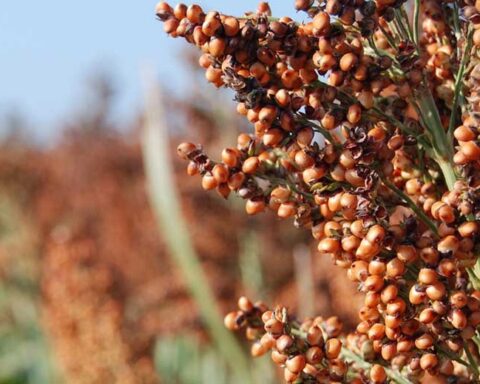Workers in the palm oil industry – in particular migrant workers – are vulnerable to labor rights abuses, including forced labor. They often face adverse working conditions such as excessive working hours, low wages, inadequate social security, unsafe working conditions, unreasonable movement restrictions and limited access to communication. Nestlé believes this is absolutely unacceptable. The company has been working for many years to prevent and remediate human rights violations in its palm oil supply chain and has gained a much better understanding about the root causes of the problem.
“Our vision is of a sustainable palm oil sector – where nature is protected and restored, where human rights and labor rights are respected, where workers and smallholder farmers are offered decent working conditions and livelihoods,” said Benjamin Ware, Global Head of Sustainable Sourcing and Climate Delivery, Nestlé. “The updated action plan we are launching today provides a clearer, more robust guideline to take action in our supply chain with our partners and suppliers and to help tackle the root causes together with all relevant stakeholders.”
As part of the upgraded action plan, Nestlé has developed a framework that will help the company prioritize supplier engagement and systematically take action based on suppliers’ risk profile and their capacity to address labor rights issues. Under the framework, the company will work with external partners to develop corrective action plans for suppliers and put monitoring systems in place to track against a set of key performance indicators.
Nestlé will additionally deploy together with its suppliers specific guidance and tools to improve recruitment practices and the working and living conditions of workers. The company will scale up its efforts to provide an effective and safe communication channels, such as the Suara Kami helpline for workers in its supply chain to report issues.
Through its work with various industry associations like the Consumer Goods Forum, Nestlé will help to scale up the impact of these initiatives and advocate for the development of regulations, policies, programs and incentives that support the respect of labor rights. The company will participate in several landscape projects that aim to improve production practices in key production regions to be more environmentally and socially responsible.
The measures defined in Nestlé’s 2021-2025 action plan come on the back of an assessment of the company’s palm oil labor rights management systems and those of our suppliers by Verité, a global, independent, non-profit organization with a mission to ensure that people worldwide work under safe, fair, and legal conditions. Nestlé commissioned Verité to conduct this assessment in 2018 and 2019. With support from Nestlé, Verité recently created and launched a new toolkit to help palm oil producers address human rights issues.






